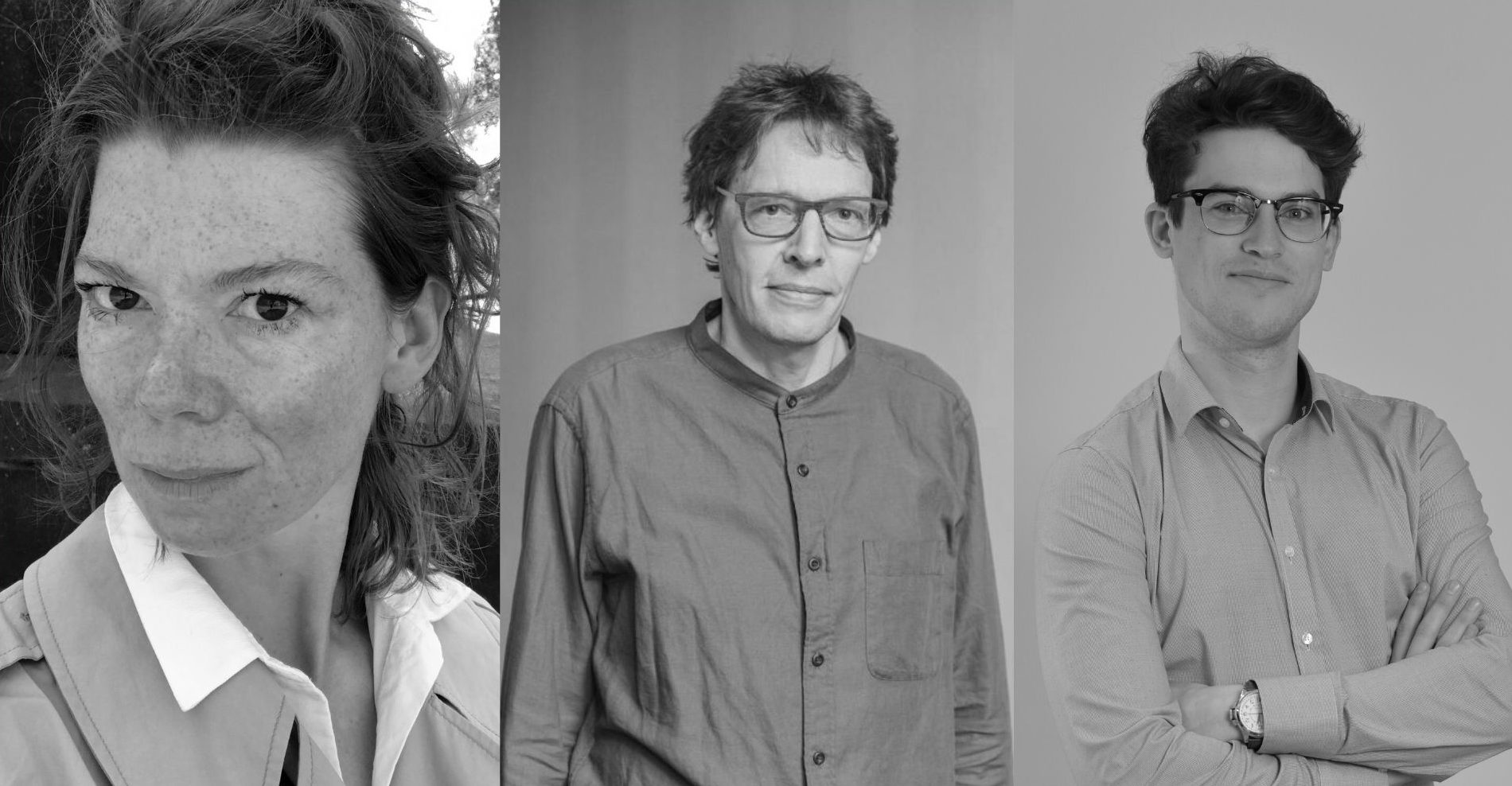The LRE Foundation is delighted to introduce three new members to its Historical Advisory Board: Prof. Katja Makhotina, Prof. Kees Ribbens, and Dr. Benoît Niederkorn. The three new historians from different countries and backgrounds, share distinguished careers in WWII memory transmission and remembrance.
The Historical Advisory Board, comprised of leading historians, works to define the Foundation’s historical scope and supervises the content and research development. Together with the International Supervisory Board, which oversees the organisation’s administration, this body holds a crucial role in the LRE Foundation and its doing.
Prof. Katja Makhotina is a Professor of History at the Department of Eastern European History at the University of Bonn (Germany). Her main research areas are remembrance culture of WWII and Stalinism in Russia, Central and Eastern Europe and Lithuania. Prof. Makhotina is a member of several advisory boards of memorials in Germany and a founding member of a working group to establish a new Documentation Centre about the German occupation in Europe (to be located in Berlin by the German Historical Museum). About her new role as part of the Historical Advisory Board, Prof. Makhotina said: “The LRE Foundation keeps the civic spark of memory alive – an important prerequisite for a critical view of the past and the present. I am pleased to be able to accompany this concern as part of the advisory board.”
Prof. Kees Ribbens is a Senior Researcher at NIOD (Institute for War, Holocaust, and Genocide Studies) and Professor of ‘Popular historical culture of Global Conflicts and Mass Violence’ at Erasmus University Rotterdam. Ribbens joins the LREF Historical Advisory Board and enriches it with his knowledge and interest in public history, commemorations, museums, history education and social imagery linked to war experience. “Contemporary encounters with World War II can occur in various forms. Tourism too plays a role in this, in which curiosity can lead to greater knowledge and a better understanding of this dramatic twentieth-century past. In my research on the culture of remembrance of the war and the Holocaust, I have noticed the opportunities tourism offers for keeping this history alive, particularly in an international context. That makes it valuable to be involved in the ongoing work of Liberation Route Europe.” Prof. Ribbens stated, “The NIOD Institute for War, Holocaust and Genocide Studies has played a role in documenting and analysing the history of the Second World War ever since the Liberation of the Netherlands. Drawing on the knowledge acquired here about what happened then and the post-war impact and significance it has, I look forward to contributing to the Historical Advisory Board.”, he concluded.
The last addition, Dr. Benoît Niederkorn, is the curator and director of the National Museum of Military History in Diekirch (Luxembourg) since 2017. Niderkorn’s main research interests are the history of war and society and the history of the Luxembourgish Armed Forces in the 19th and 20th centuries. “Luxembourg is rich in WWII history and cultural heritage. Many monuments and stories linked to the Battle of the Bulge and more are worth being researched and conveyed. I am glad to be joining the LREF Historical Board. LRE Foundation’s experience, combined with the archives of the National Military Museum, can help the Luxembourgish Ministry of Culture in its mission to improve the country’s hiking trails and provide valuable stories for those hiking along the Liberation Route Europe theme routes.”, Dr. Benoît Niederkorn said regarding his entrance in the LREF Historical Advisory Board.
